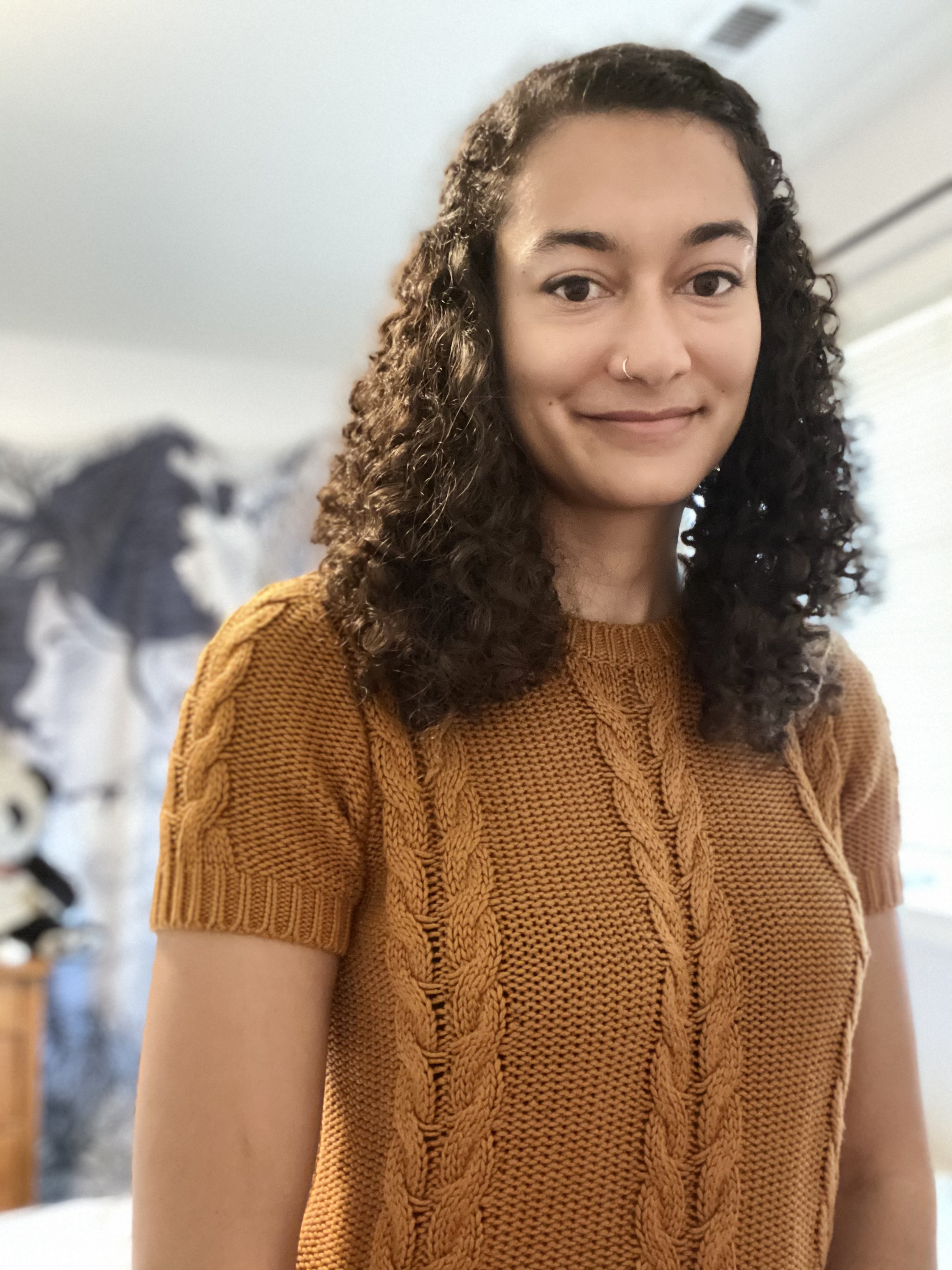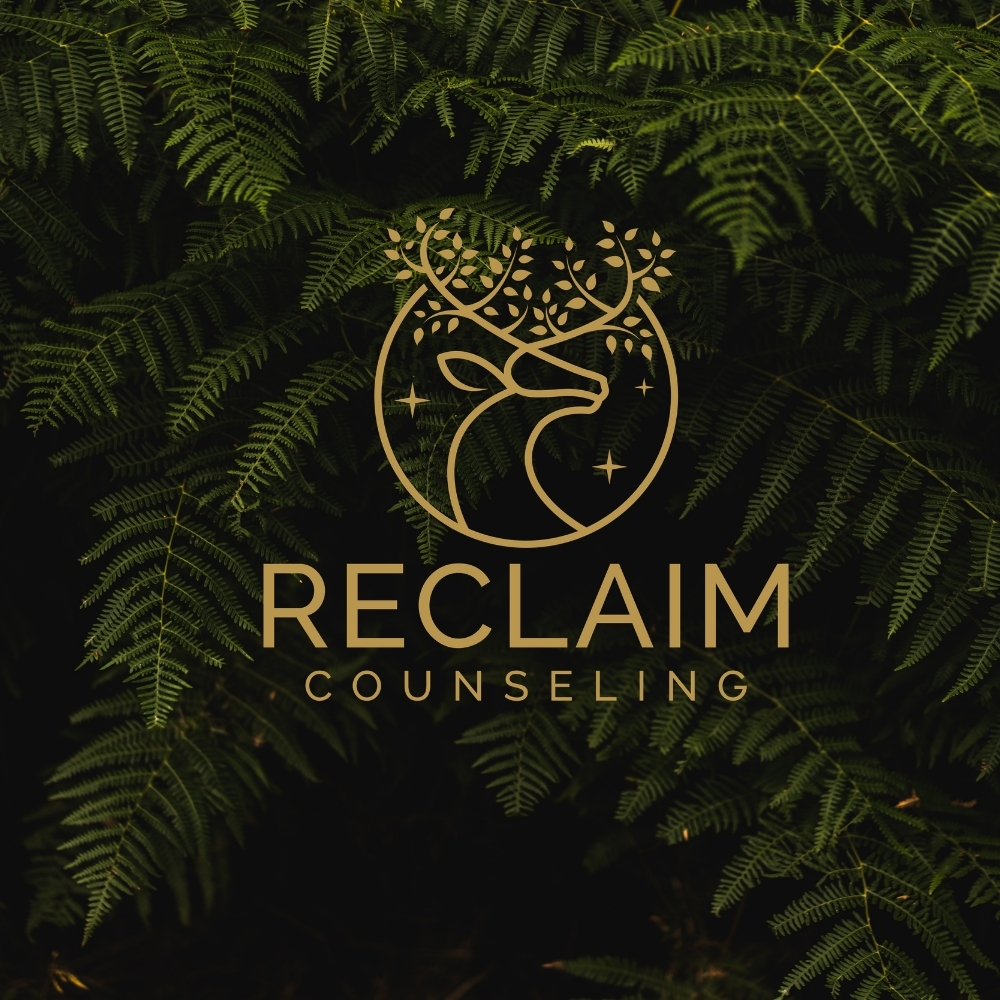Empathy is generally seen as a commendable trait, one that won’t lead us astray. However, there is a darker side of empathy which can get us into dangerous situations even with the best of intentions. Not only do I see this pattern play out with many of my clients, but I have also experienced it myself and the experience forever changed me. Never did I feel so out of control or divided against myself. Imagine my shock when I realized that it was one of my most beloved strengths-empathy- that had gotten me to this painful place.
As a therapist, I meet some of the most exquisitely beautiful people day after day. I see some of the strongest people I have ever met fight for survival and for hope, even when their past is weighed down by trauma and disappointment. They tell me they don’t believe or trust in connection, and yet they show up cautiously looking for the very thing they fear most-because the part of them that wants to heal is unstoppable and good. They doubt themselves every step of the way and yet they still manage to show up. It is more than an honor for me to show up for them in return. To believe in their healing and offer them acceptance at a time that they can’t fully do it for themselves.
It is with my empathy that I am able to connect with them, witness them, and love them for their unique manifestation and spirit. Because of the boundaries of the therapeutic relationship, I am able to hold that love unconditionally, seeing their worth as a human being, no matter what behaviors they may display. They can call me names, get angry, disappear, come back, be hot and cold, all within the context of a relationship that will continue to see their worth and show up for them. But again, I am able to show up in that way, because of the protection and safety of the boundary.
The problem becomes when people take that same empathy into their real-life relationships and make choices without the protection of the therapeutic boundary. People with a deep propensity for empathy tend to be able to see the past, the wounds, the reason that people have turned into who they are and how they have come to depend on their current survival strategies. The cold, angry person that lashes out because deep down they feel vulnerable, the emotionally volatile person who in their best moods make you feel on top of the world but in their darkest moods treat you like the scum of the earth, the clinging, desperate individual who transforms back into a helpless child begging for your love, the mysterious and elusive artist who you continually catch in lies while they hide their addiction, etc. etc. The manifestations are limitless, the stories always understandable, and the hurt always bottomless and irresistible in its search for redemption. There is nothing wrong with viewing humans as more than the sum of their actions and behaviors-as seeing the complexity and depth of their past hurts and current dreams. In fact, I wish everyone had the capacity to behold humans in this way.
But we cannot sacrifice ourselves in the pursuit of that empathy.
Unconditional acceptance and love for the person is not, nor should be, the same as entering a romantic relationship with someone who has yet to heal those patterns. We can still love the person without allowing the behavior into our lives. Unfortunately, this often means without letting them into our lives. I would argue, though, that this is actually the most loving and empathetic action one can take.
Let me explain. The minute our empathy causes us to believe that our love and patience is enough to heal a person’s lifelong wounds is not only the minute we put ourselves in danger but is also the moment we distract them from true healing. We enter a relationship not of mutuality, but of dependence (codependency) or of power and control (narcissistic abuse). We become their Magical Other, that internal human hope for rescue which allows them to avoid their actual healing journey and, in turn, has us avoiding ours.
We either play into the seductive role of Care Taker, Rescuer, or Adoring Object. By doing so, we give up our own responsibility, hide from our own needs, and neglect our own truth. We do this all in the name of empathy. When others in our lives point out the unhealthy patterns-the spinning highs and lows, the abusive behaviors, the needy dependency- we explain it away with, “no one knows them as I do” or “they need me,” or “their past was horrible, of course, they would act this way.” You still see their beauty. As well you should, because surely they are beautiful, but there is a difference in appreciating someone’s unique beauty from a healthy distance, then to fall into the delusion that another’s past frees them of any accountability for their current actions. And furthermore, to avoid the reality that you are choosing to put yourself in harm’s way, favoring fantasy over your own real-life safety, both emotional and physical, is the opposite of empathetic.
Our empathy can trick us into believing that a romantic relationship is the answer to life’s trauma, but in reality, if we truly loved the person, we would see our next right action would be to let them go. To give them resources, to point them towards healing, to allow them to grow and evolve into the person that would have the capacity to truly love in return. And in so doing, your empathy stays intact because you see their capacity for true growth rather than a projection of your own special power to save them. And guess what? In the process, you save yourself as well.
True empathy is a deep understanding of what is best for both people, not a cloying self-sacrifice that temporarily feels right, but in the long term keeps you both locked in never-ending past patterns. So remember, when you are looking for love, do view people as the capacity for what they could be one day, but do not deprive them of the possibility of getting there. And most importantly, do not lose sight of your own boundaries, safety, and needs at the expense of empathy. Empathy is one of our greatest resources, so let us not squander it with short-sightedness. Let us be aware of the dark road that it can take us if we do not learn to discriminate its powerful message.

